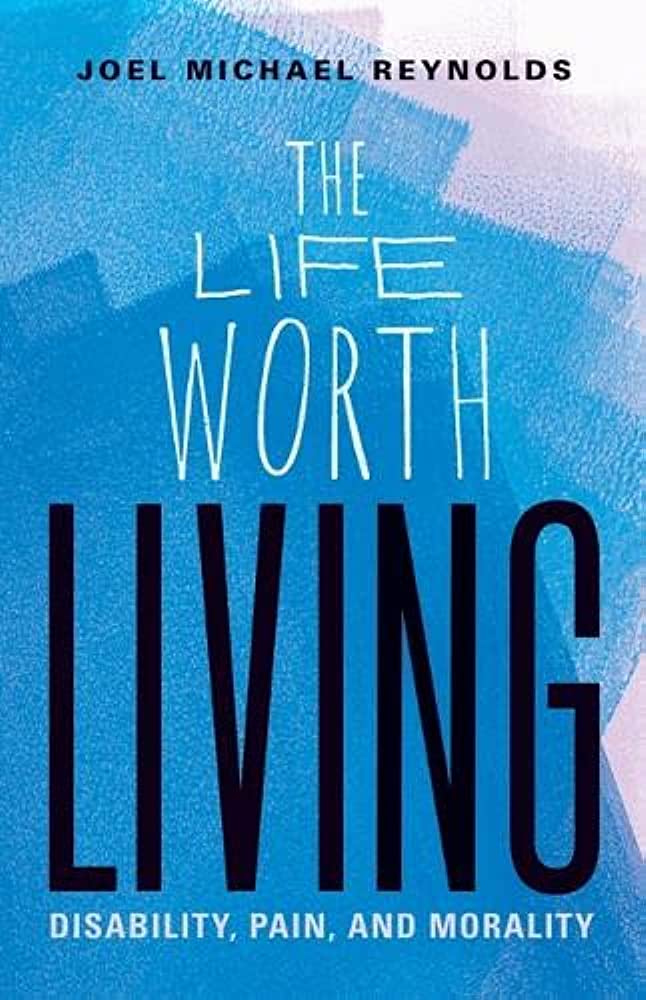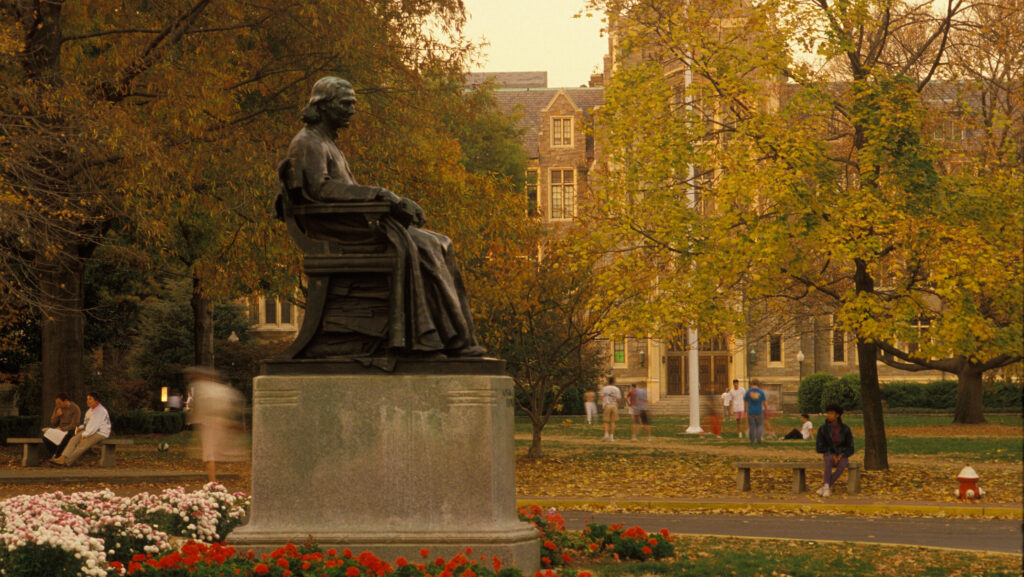Joel Michael Reynolds Recognized by The Hastings Center for Groundbreaking Work in Disability Studies
The Hastings Center has named Joel Michael Reynolds one of their newest fellows for his work expanding the fields of philosophy of disability and disability bioethics. The group includes more than 200 of the world’s preeminent bioethicists, public health experts and health humanities scholars.
“It is a great honor,” said Reynolds, an Assistant Professor in the Department of Philosophy. “I hope that this recognition further highlights the import and impact of the study of disability as a central facet of human experience.”
Reynolds is one of just 12 individuals elected to join the Hastings Center Fellows, a group composed of scholars whose work has “informed scholarship and public understanding of complex ethical issues in health, health care, science and technology.”
Disability is Part of Life

Together with Rosemarie Garland-Thomson, a bioethicist and professor emerita at Emory University, Reynolds recently founded the Oxford Studies in Disability, Ethics, & Society. The book series aims to show that “disability in all its forms and meanings is relevant to every person, family, community, and society across human history.” For Reynolds, that truth needs to be shared.
“So much ethical inquiry across millennia and across otherwise disparate traditions has treated disability as an aberration from the course of human life and society or, worse, as something inevitably bad and suffered,” said Reynolds. “That’s just false. I hope that this recognition further highlights how disability studies is integral to responsible research in ethics — in bioethics and public health in particular.”
Reynolds is a prolific writer and editor in the field of disability studies. In 2021, Reynolds founded The Journal of Philosophy of Disability. Last year, Reynolds published The LIfe Worth Living, a book he describes as “a philosophical challenge to the ableist conflation of disability and pain.” He is currently working on several studies that examine the impact of the Supreme Court’s Dobbs decision and concurrently finalizing two solo-authored books and two co-edited volumes. Reynolds is also working on a multi-year, mixed-methods research project funded by The Greenwall Foundation on the relationship between concepts of disability and quality of life measurements.
The Hastings Center
Founded in 1969 by philosopher Daniel Callahan and psychoanalyst Willard Garylin, The Hastings Center is a nonpartisan, nonprofit organization that addresses social and ethical issues in health care, science and technology. The Hastings Center was critical to establishing the field of bioethics and is the oldest independent, interdisciplinary research institute of its kind in the world.
“The Hastings Center has long been a leader in analyzing and deepening public understanding of complex ethical issues in health, health care, science and technology,” said Reynolds. “We are living in a period of time where the dire need for ethical analysis and insight is viscerally apparent as is the dire need for a disability justice framework if we are to face humanity’s challenges equitably.”
Prior to his election as a fellow, Reynolds served as a senior advisor for The Hastings Center and held the inaugural Rice Family Postdoctoral Fellowship in Bioethics and the Humanities, where he worked under Erik Parens.
“The Rice Family Postdoctoral Fellowship builds upon the central role of humanistic inquiry that’s been at The Hastings Center since its path-breaking, field-creating inception in 1969,” said Reynolds. “That fellowship was transformative for me as a scholar, researcher and even as a person, and I’m extremely grateful to be in a position to continue to think, learn and research with the Hastings team.”
-by Hayden Frye (C’17)
Related News
- Tagged
- Awards
- Faculty
- Philosophy

